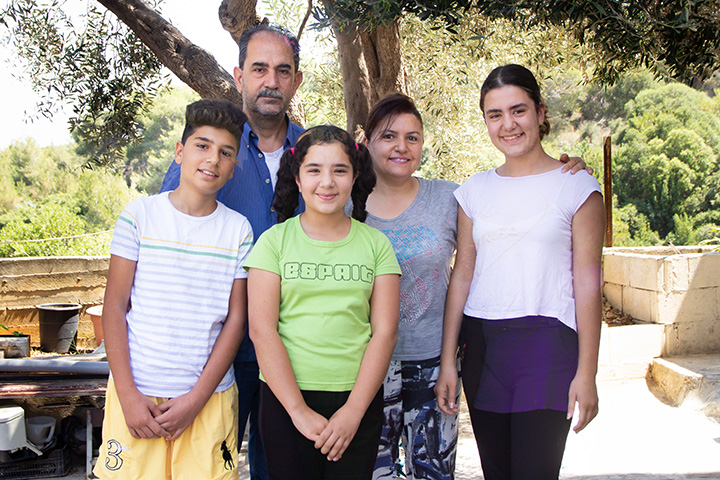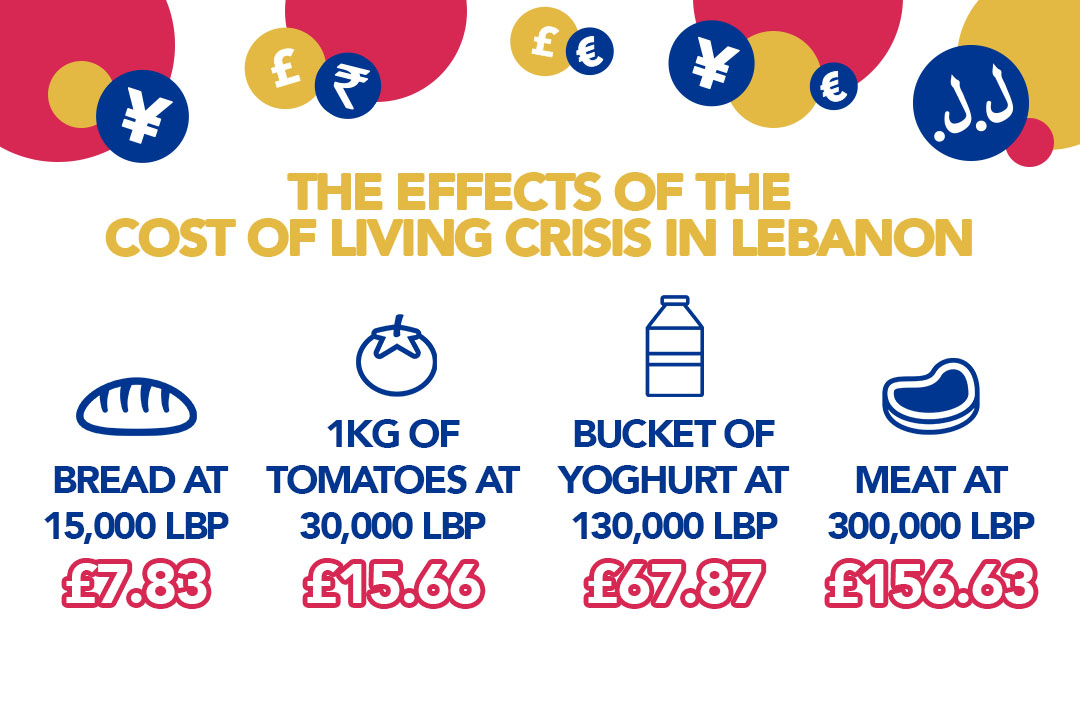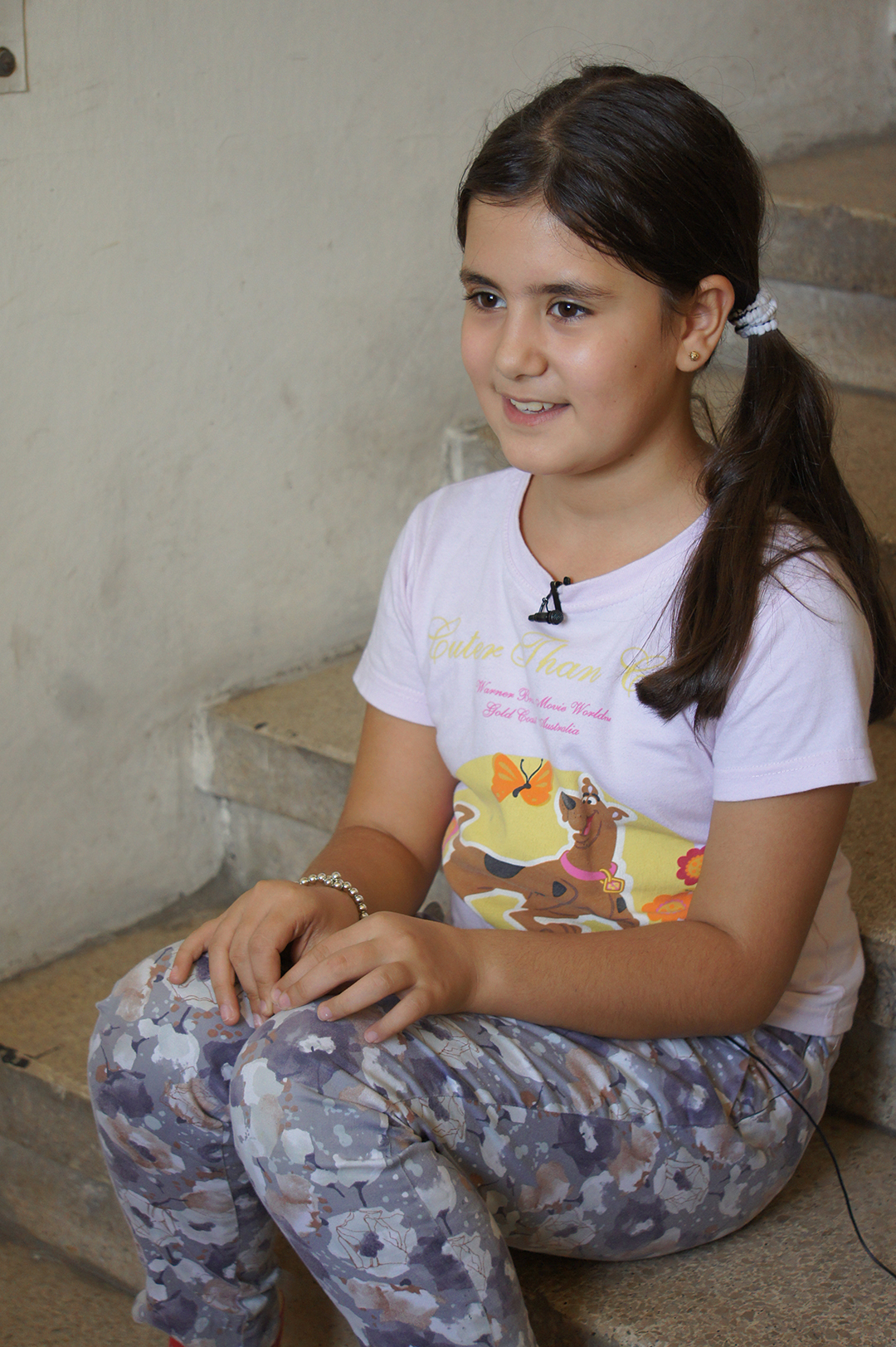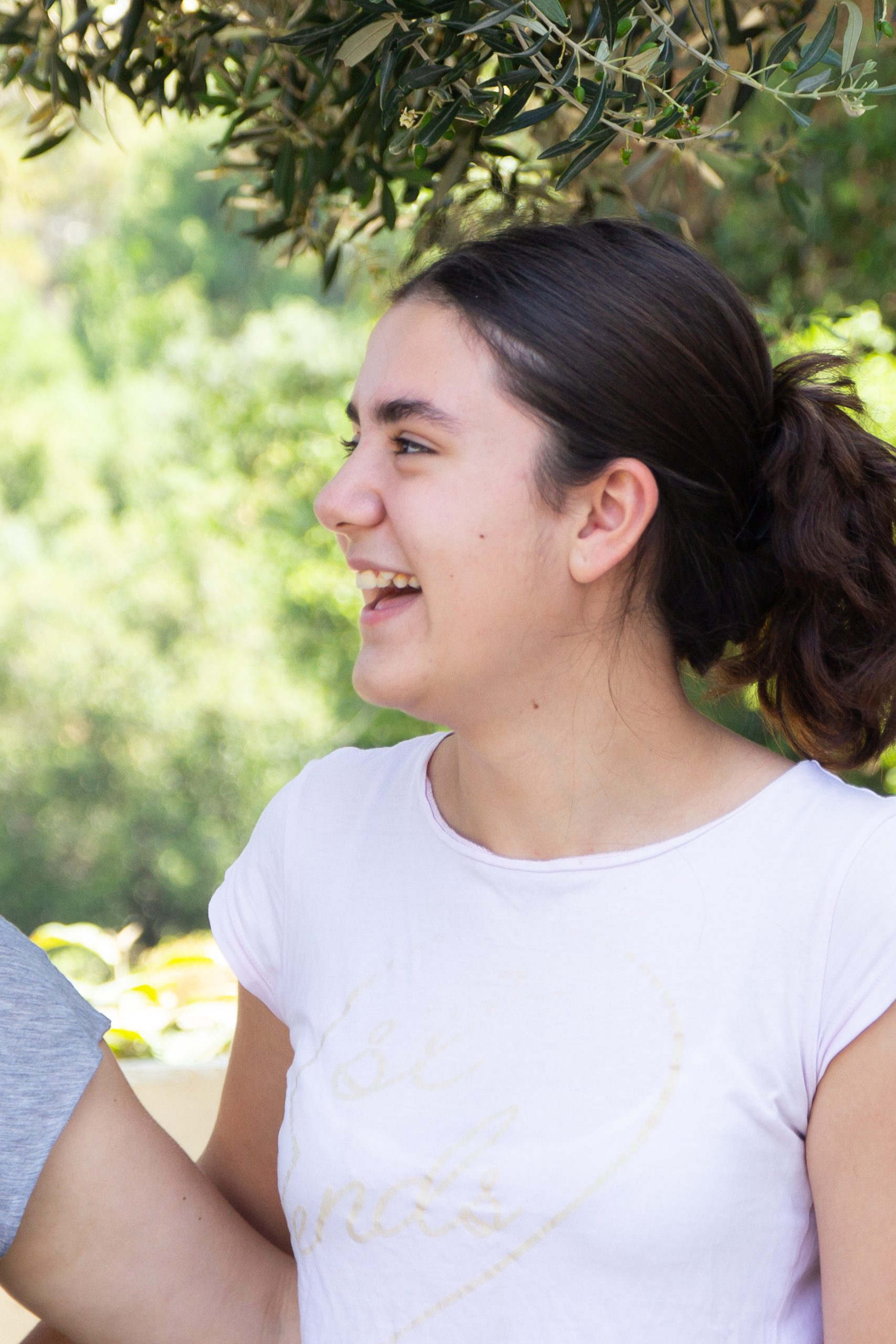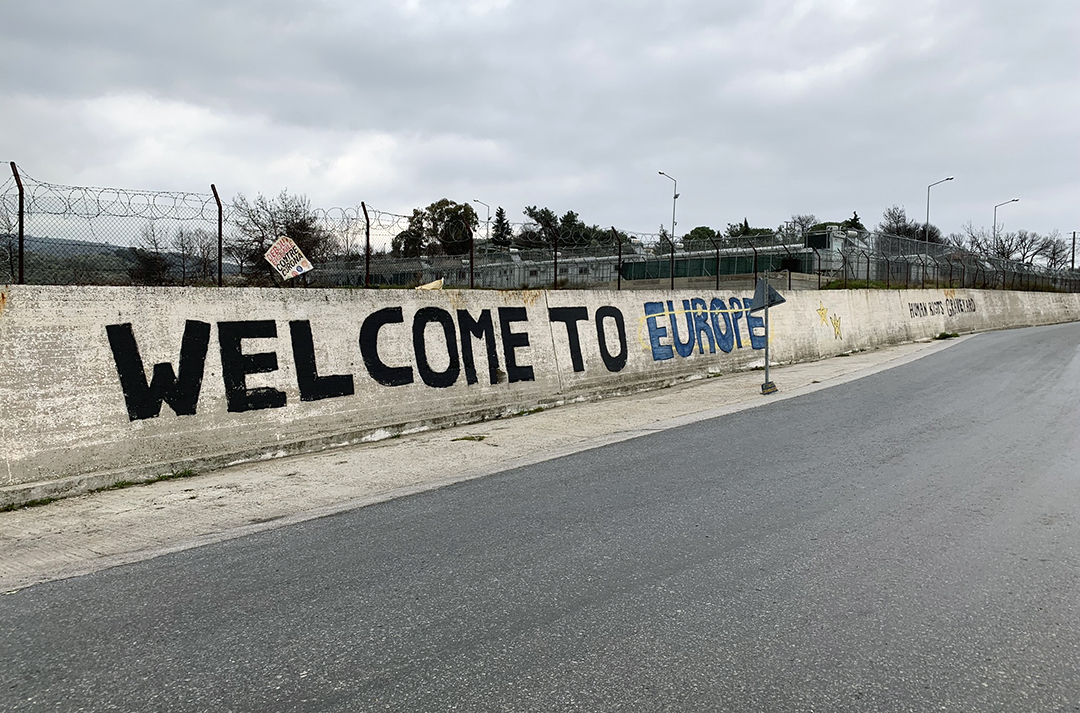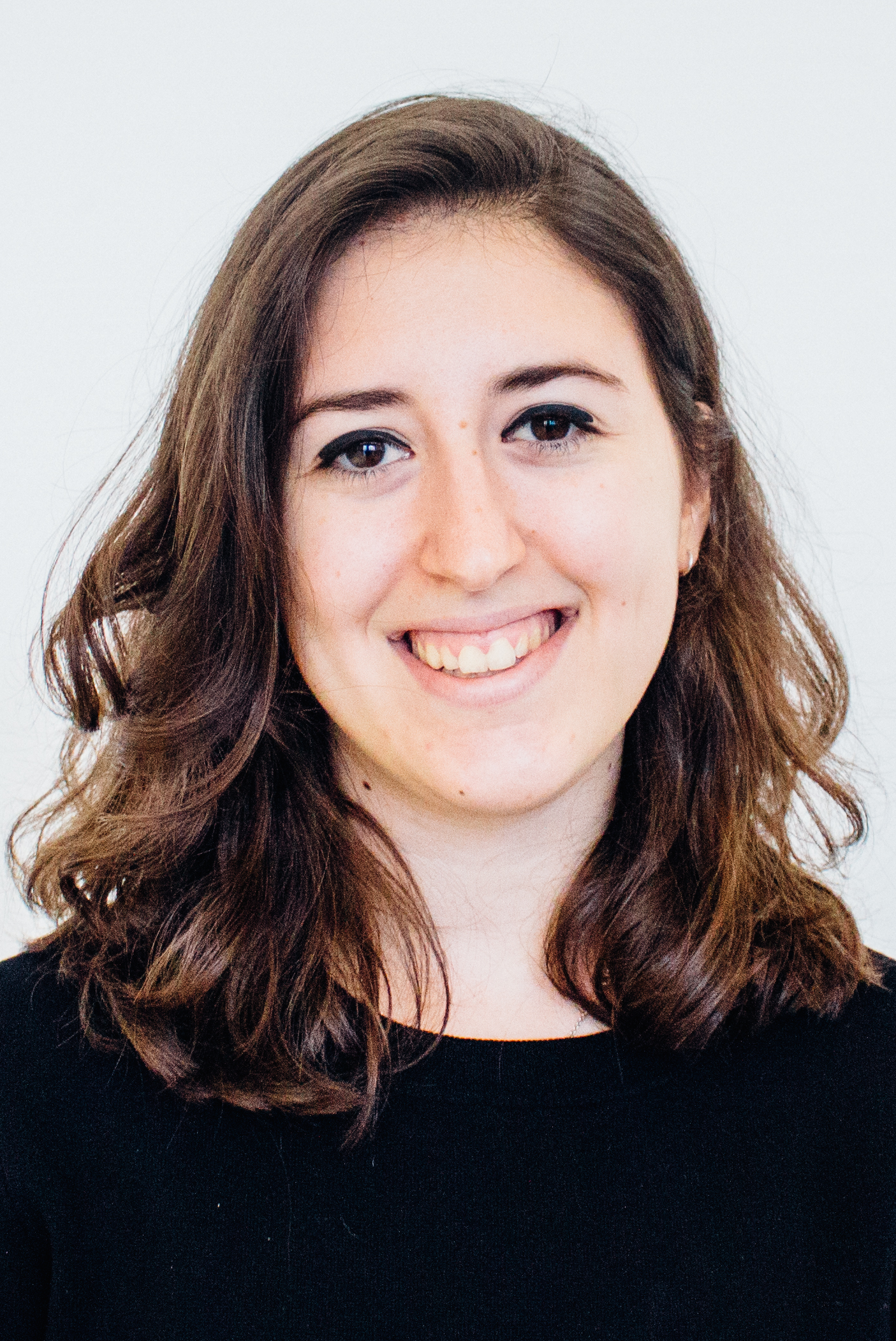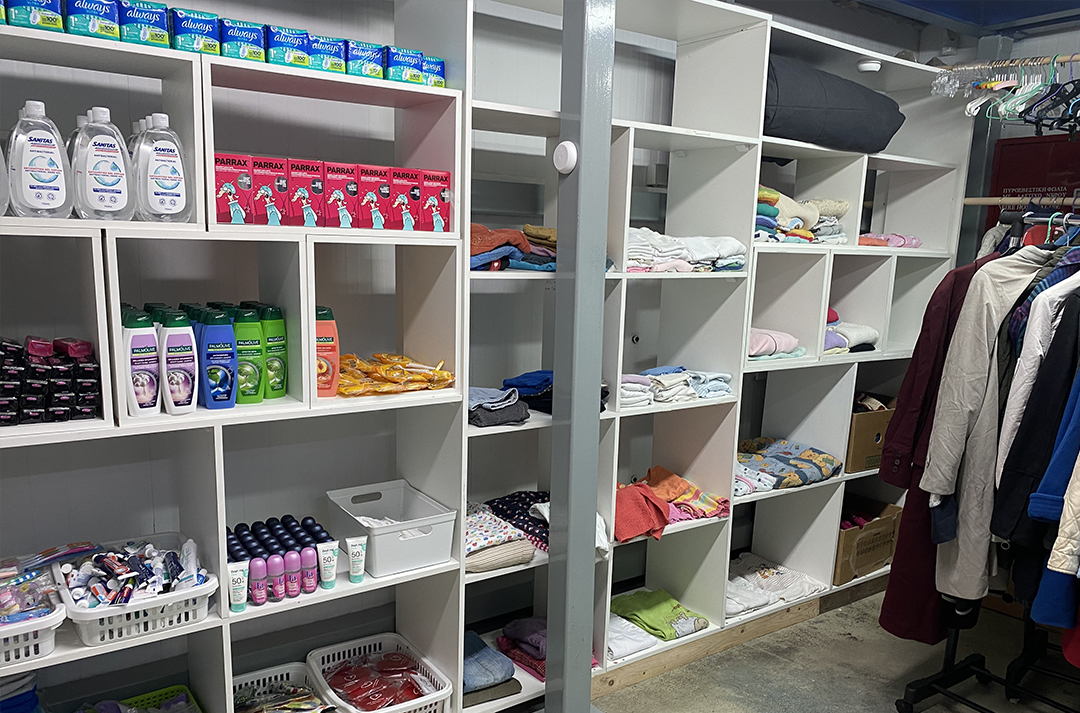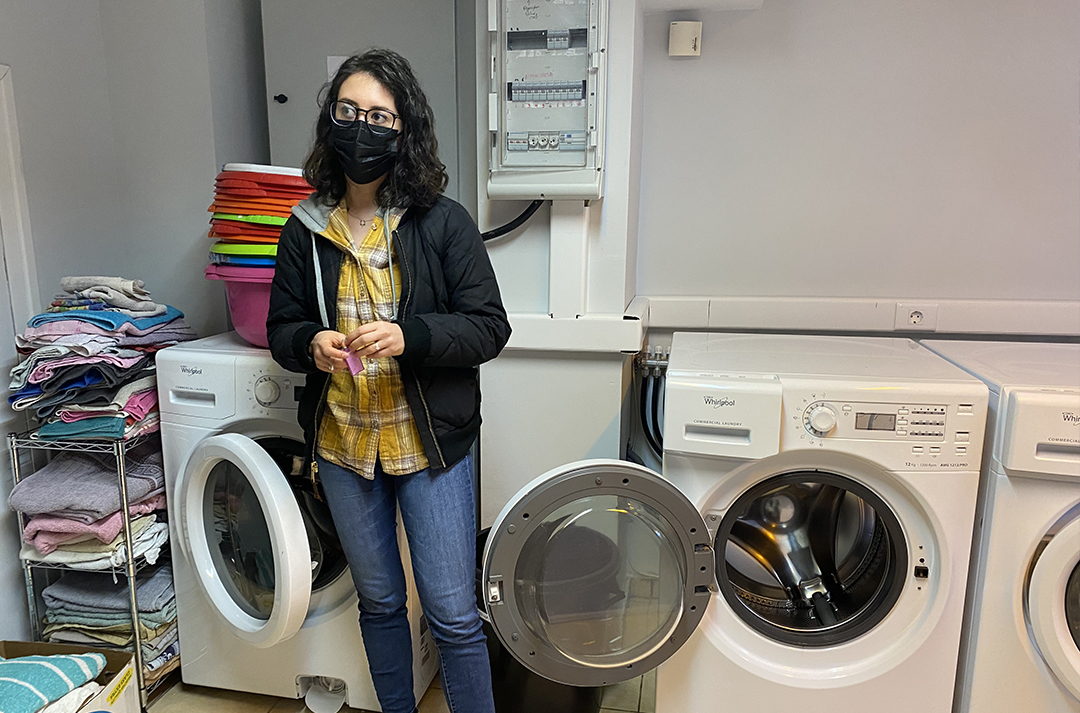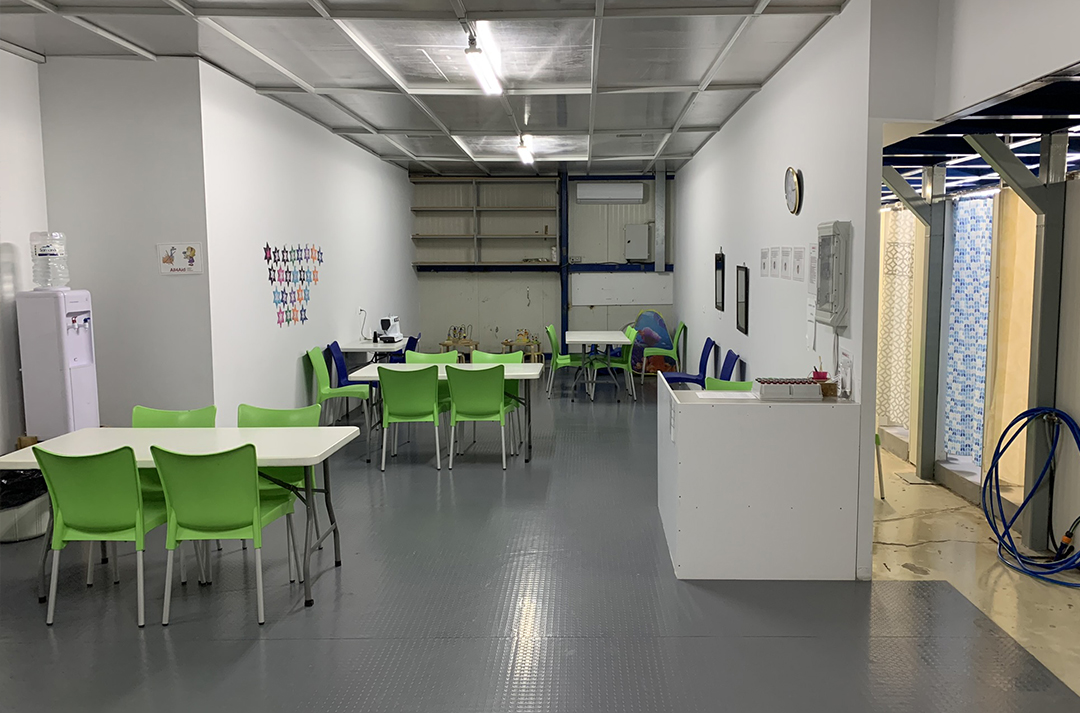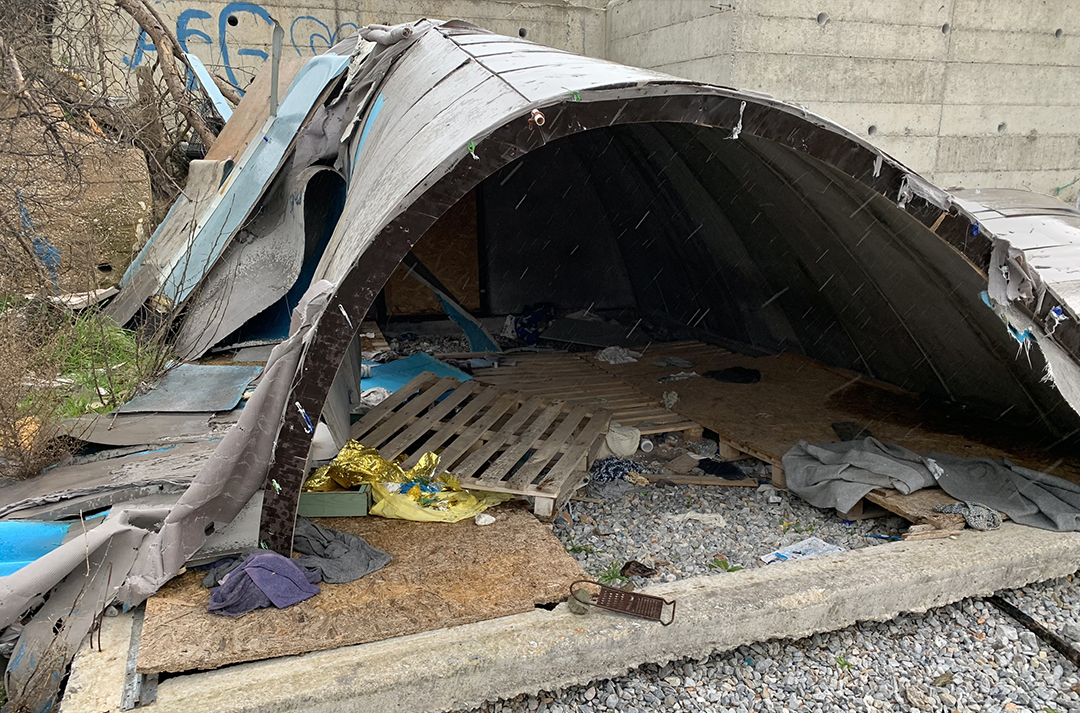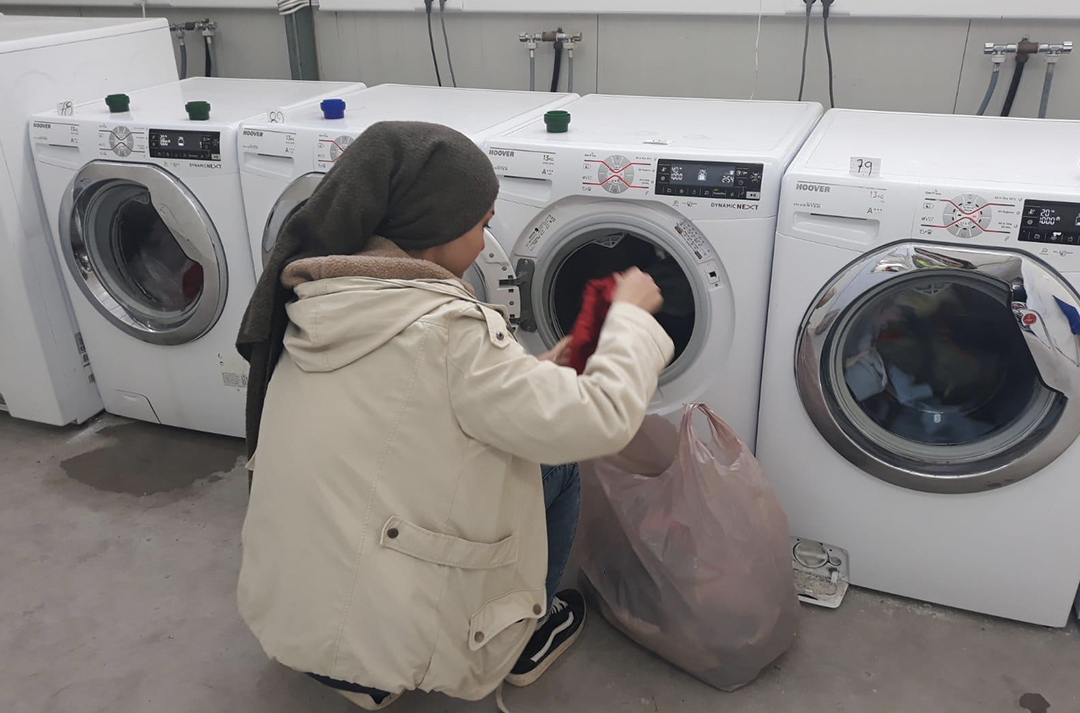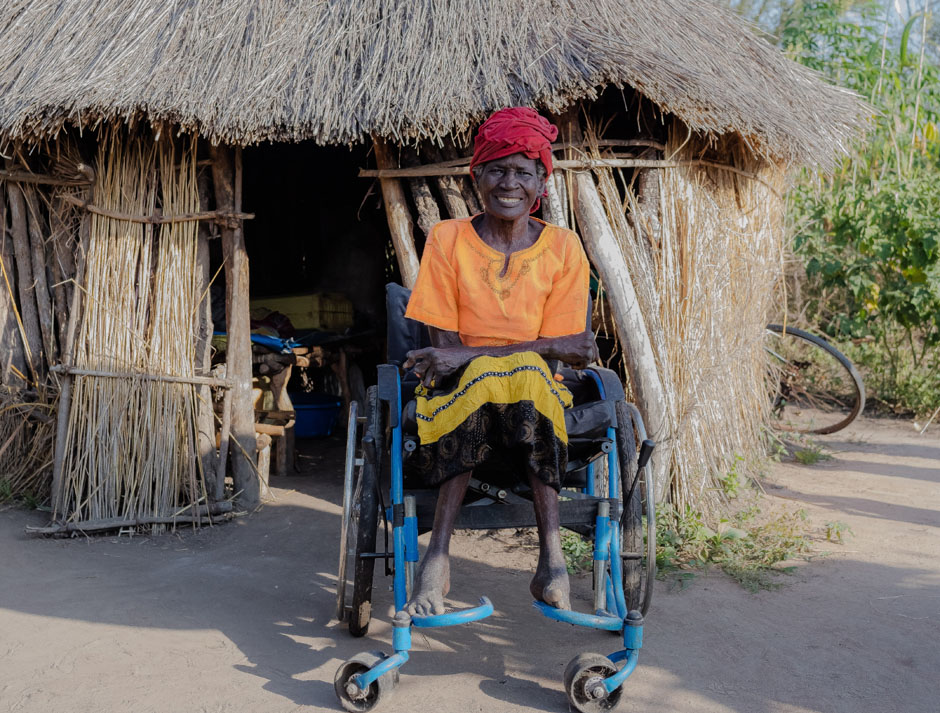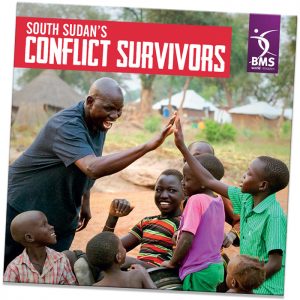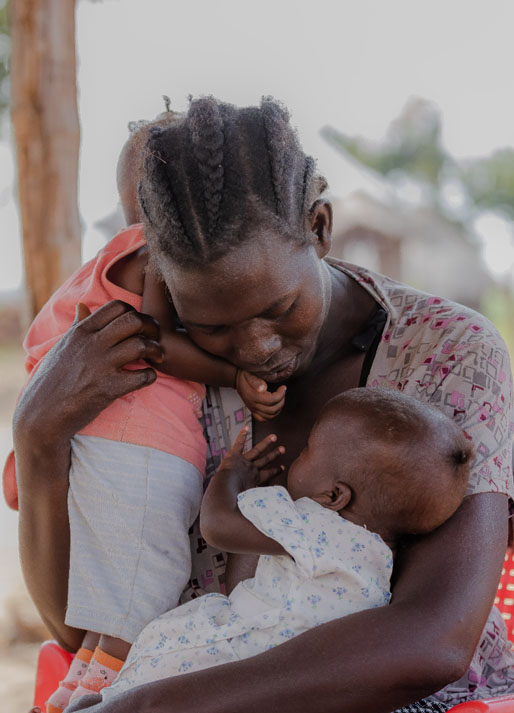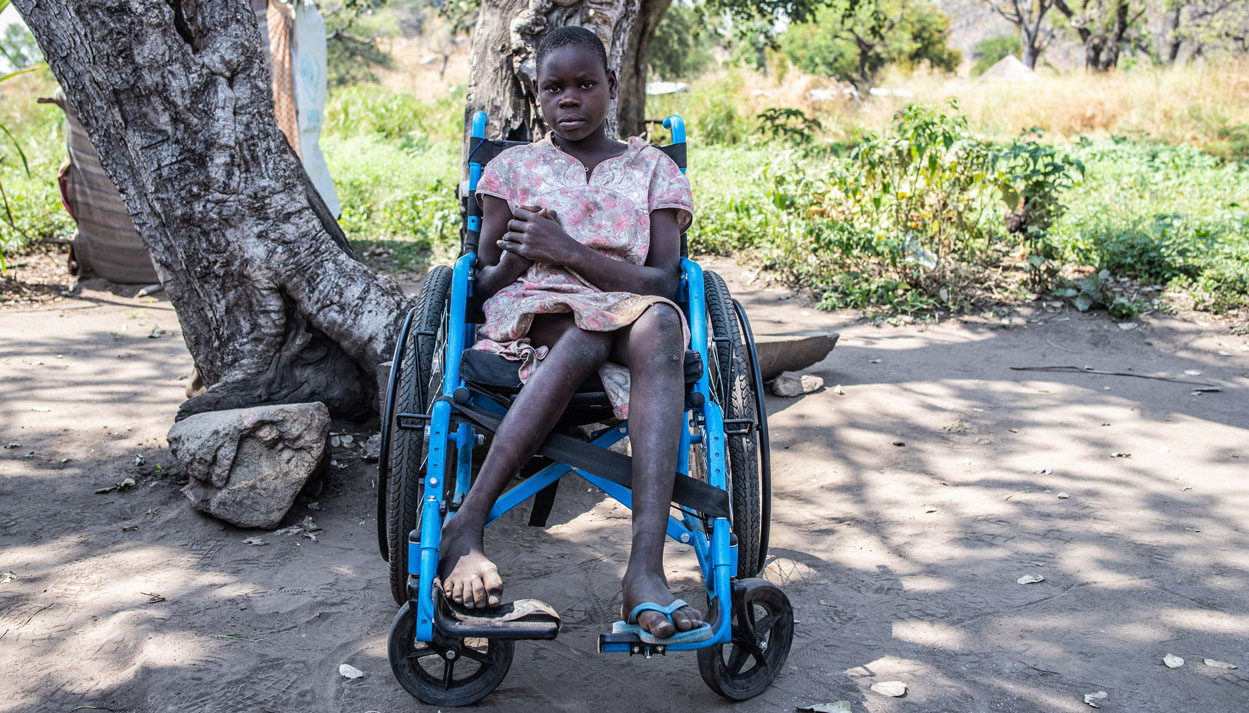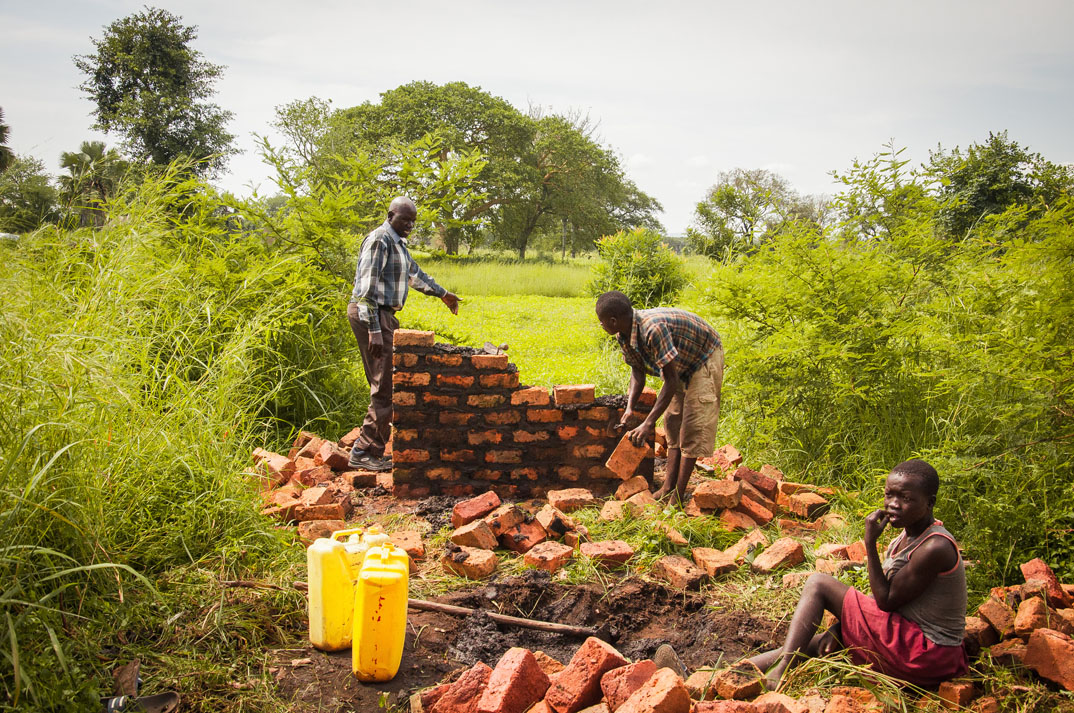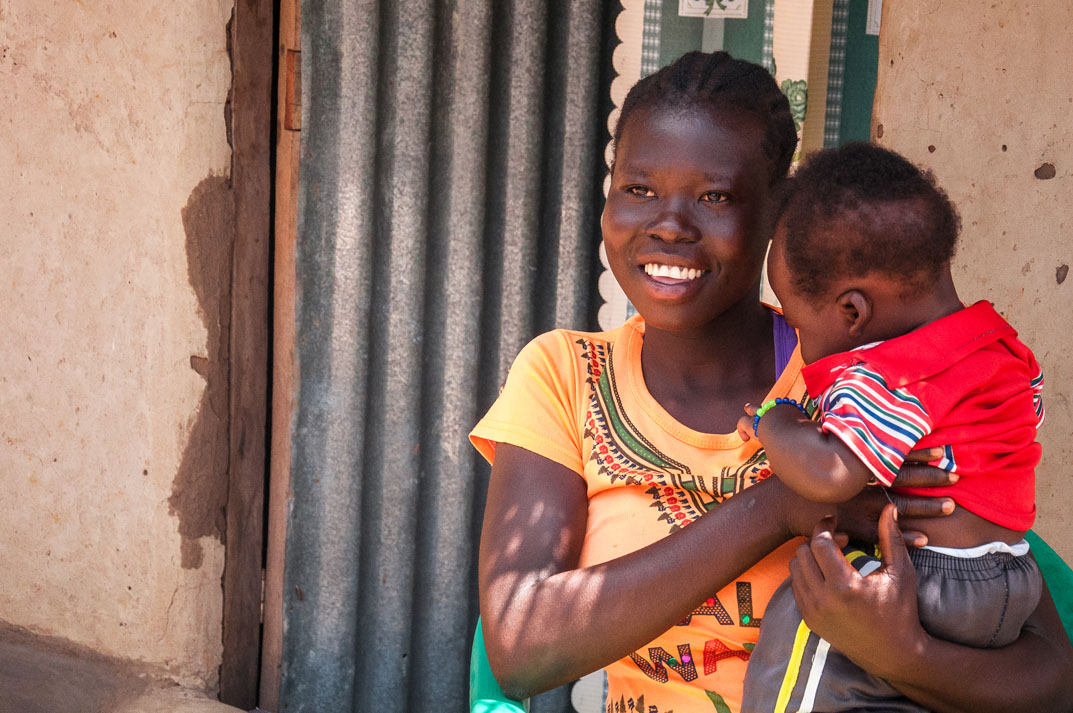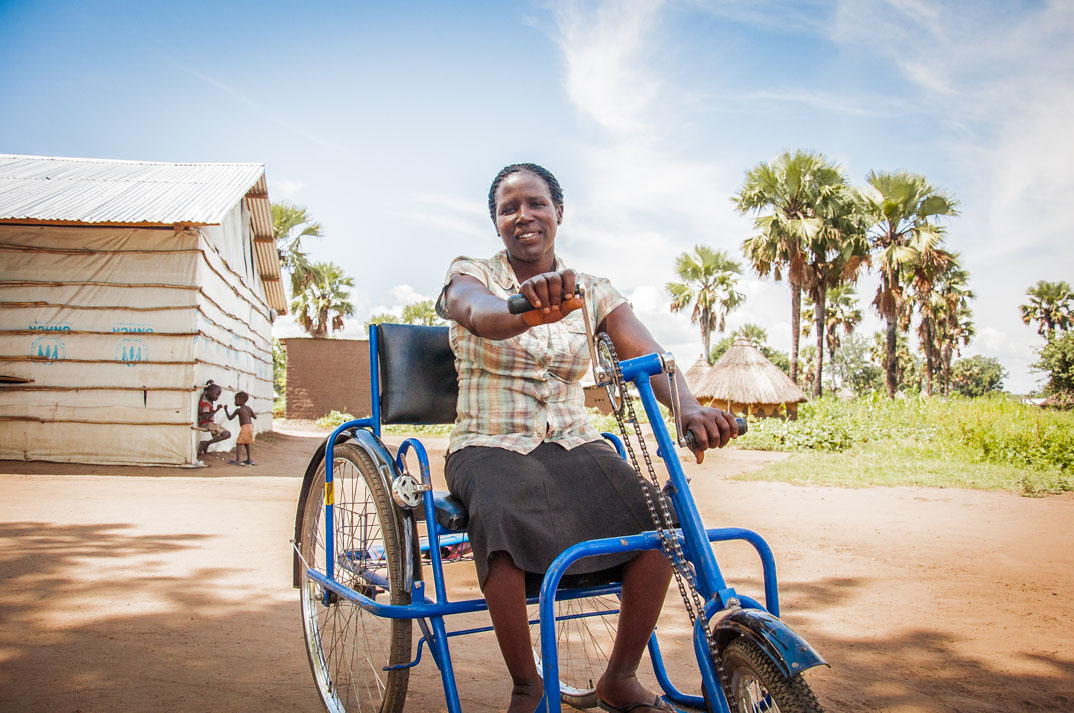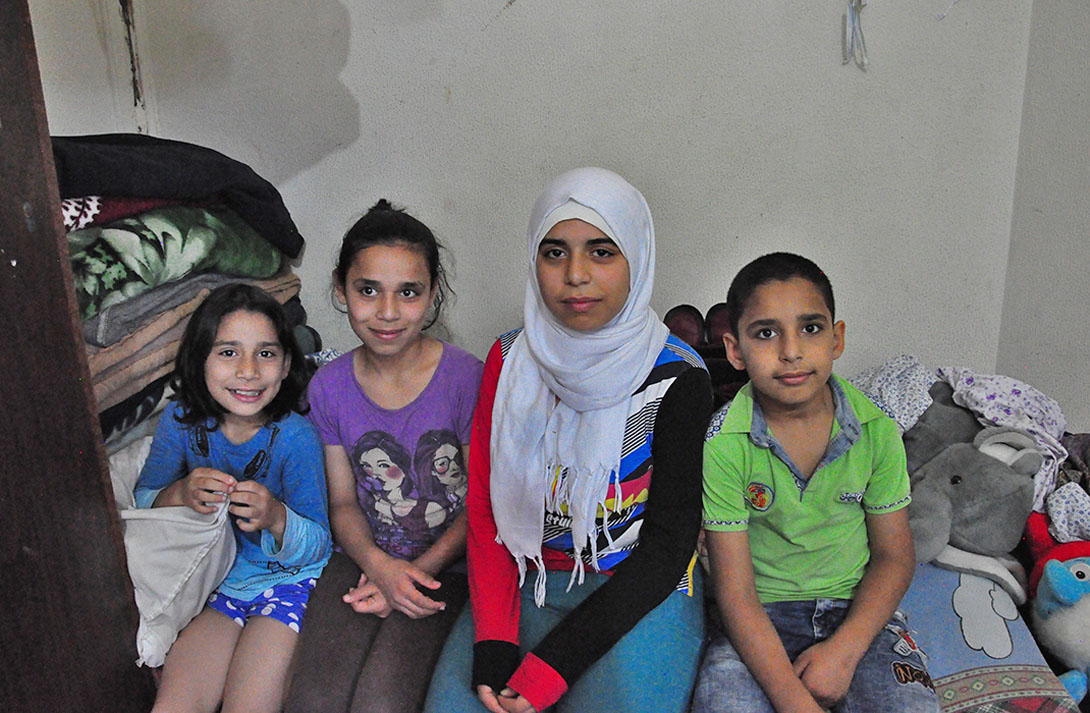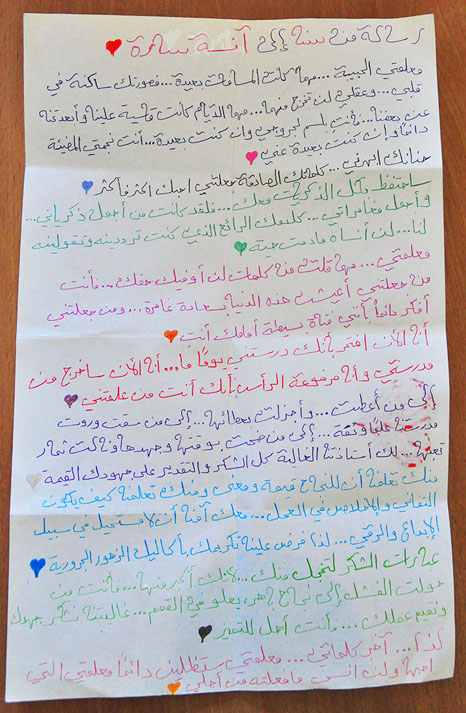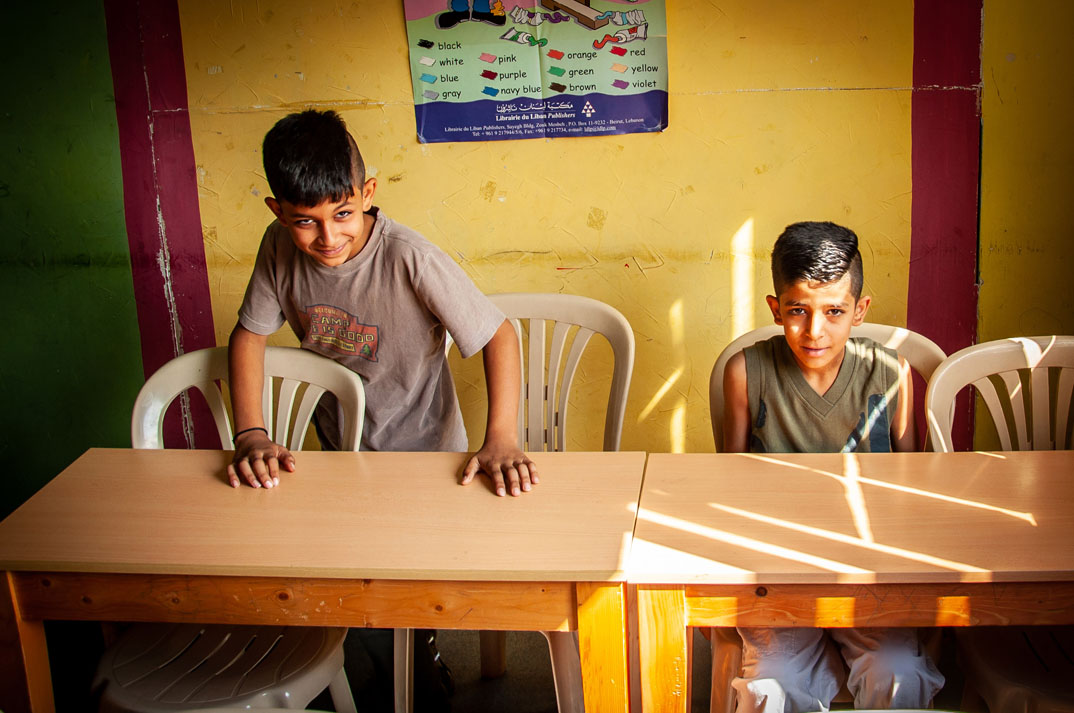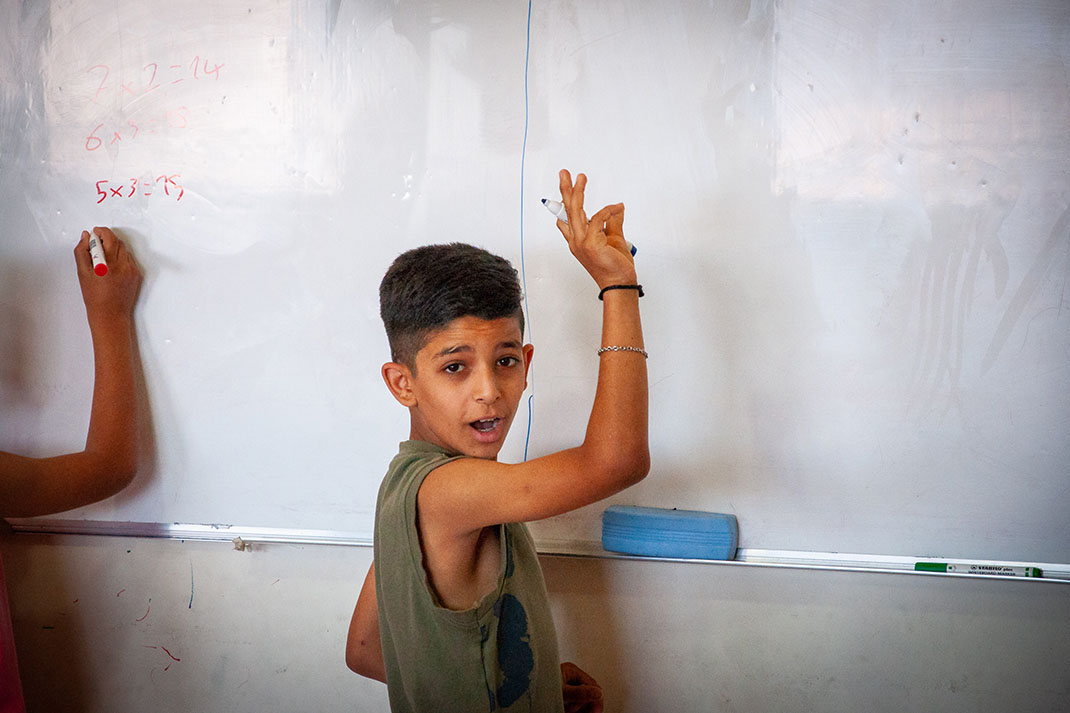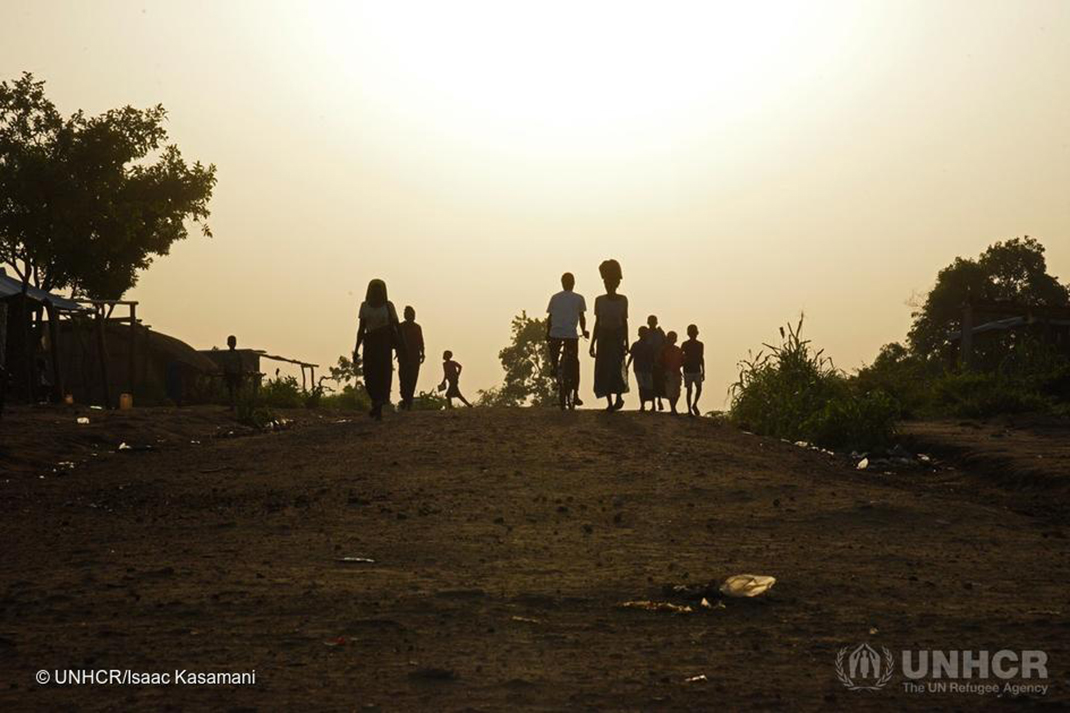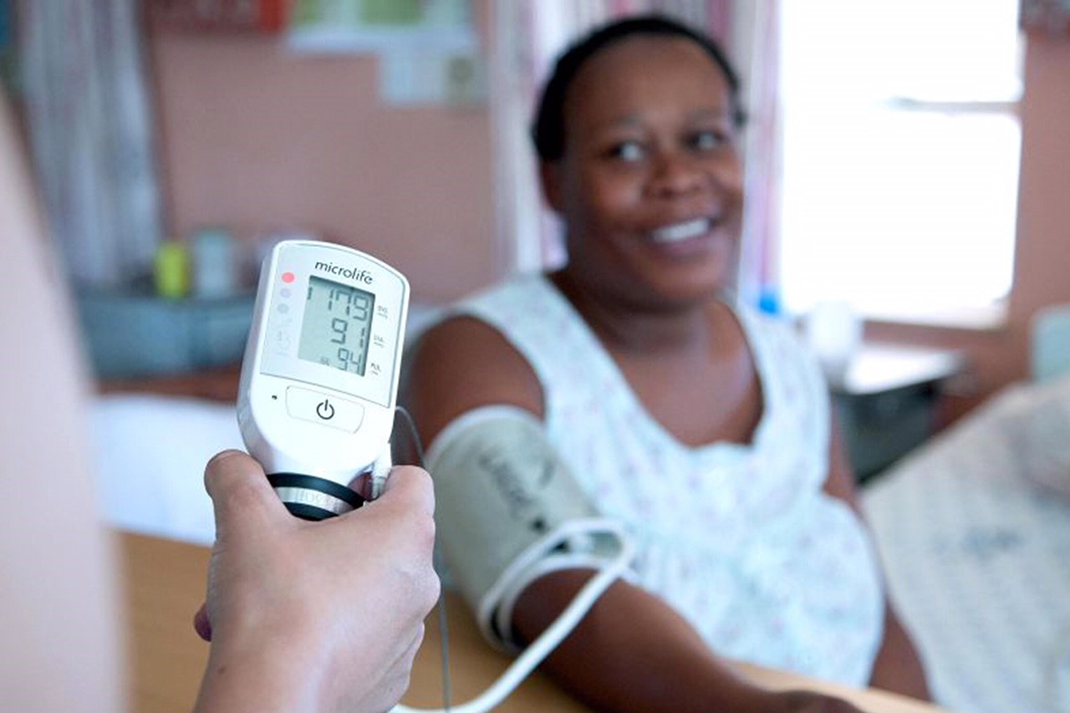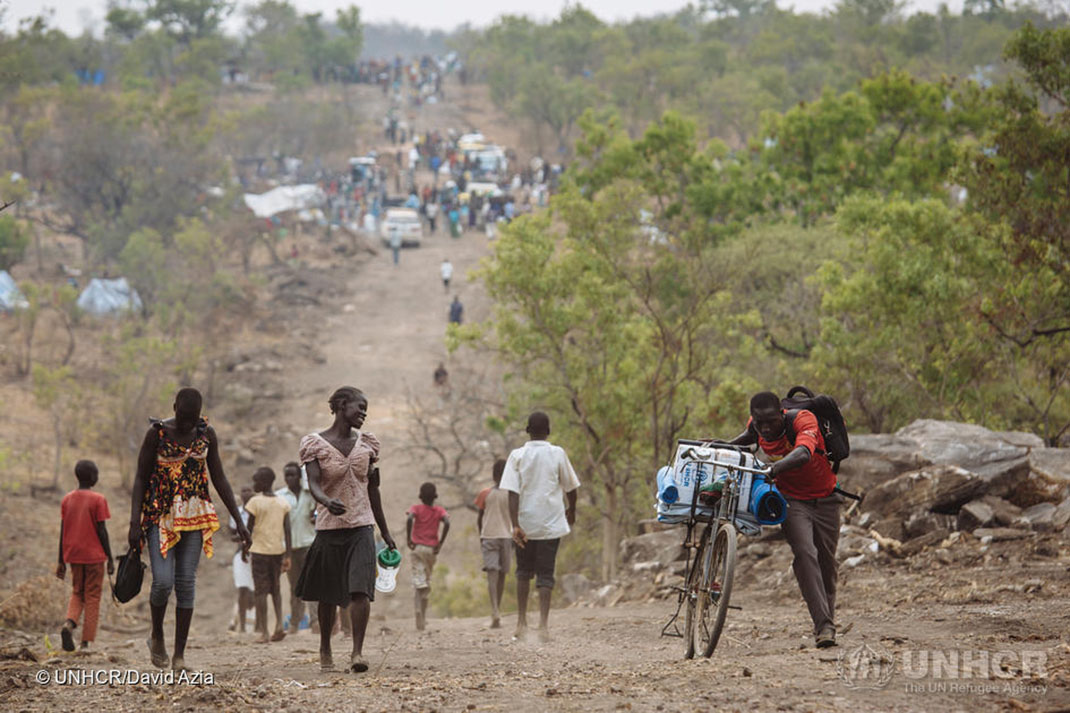God with us
God with us
How God is at work with Ukrainian refugees.
In the throes of war, Peter and his family had to leave all they owned behind them and flee Ukraine. But they’ve still seen God in the midst of everything. This is their story.
Peter had dreams for his family. He wanted his 17-year-old daughter to finish studying at college. He wanted his son to join him in the family business and help teach English to Ukrainian entrepreneurs. He wanted them to travel the world and help people. But when war came to Ukraine, Peter had to give up on his dreams.
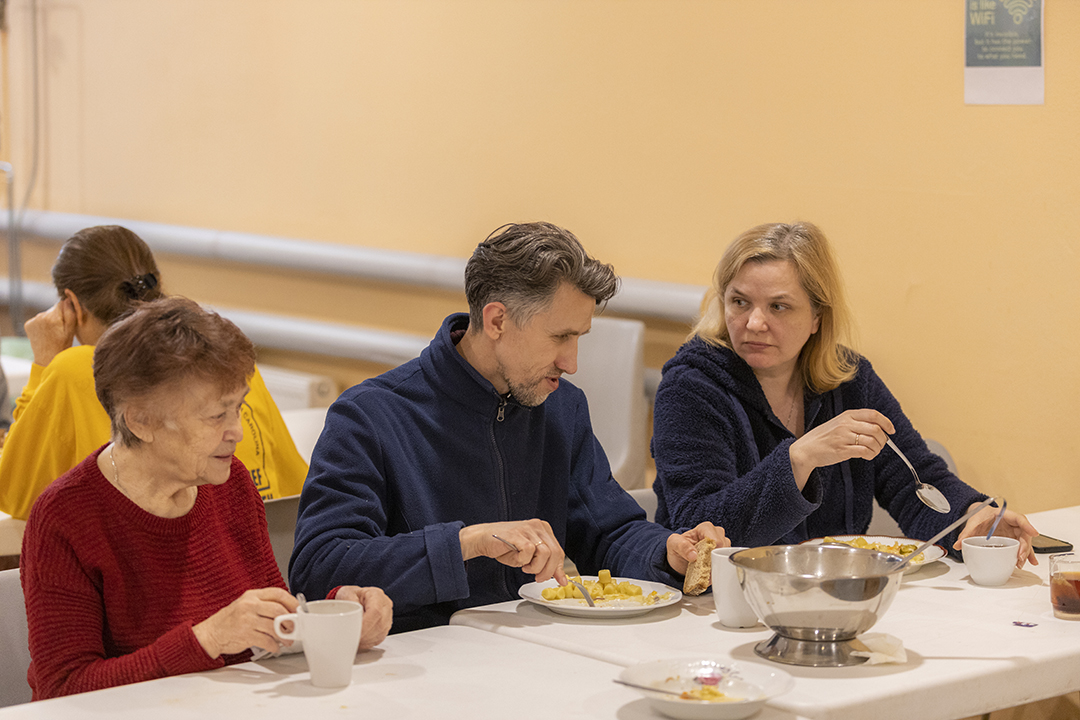
Peter and his family are from Odesa, a beautiful city known as a popular holiday destination in Ukraine. But its position on the coast makes it an easy target in times of conflict, and Peter knew he had to get his family to safety. “We started to prepare our home for war, for bombings,” says Peter. “But a day later, we decided that we have to leave.” Peter escaped along with his wife, his two children and his 80-year-old mother, heading for the border with Moldova. He expected that he would be required to stay behind and fight, but a medical condition meant he wasn’t able to join the army and thankfully, he was allowed to leave with his family. From Moldova, they had to make the long journey through Romania, Hungary and Slovakia before reaching a BMS World Mission-supported refugee centre in Warsaw, Poland. Even through the hardships of their long journey, of having to leave everything they knew behind them, hope shone through the cracks.
“On all our way, in all the countries, people treated us so nicely, they were just wondrous,” says Peter. “God’s talked through all these people who we met, and we really felt that.” Since the war first began, the response from Christians across Europe has been incredible and BMS supporters have been a huge part of that. It’s impossible to quantify the value of the gifts given to the BMS Ukraine appeal – how could you put a value to a safe bed, or hot meal, or the knowledge that your children have made it out of a warzone safely? But because of the incredible £1.6 million you raised, Peter, his family and hundreds more like them knew they would be safe when they got to Poland. They found shelter at the centre, warm food, hygiene products like toothpaste and soap, and a community of people who knew exactly what they were going through. And, wonderfully, Peter was able to use his skills to help others too.
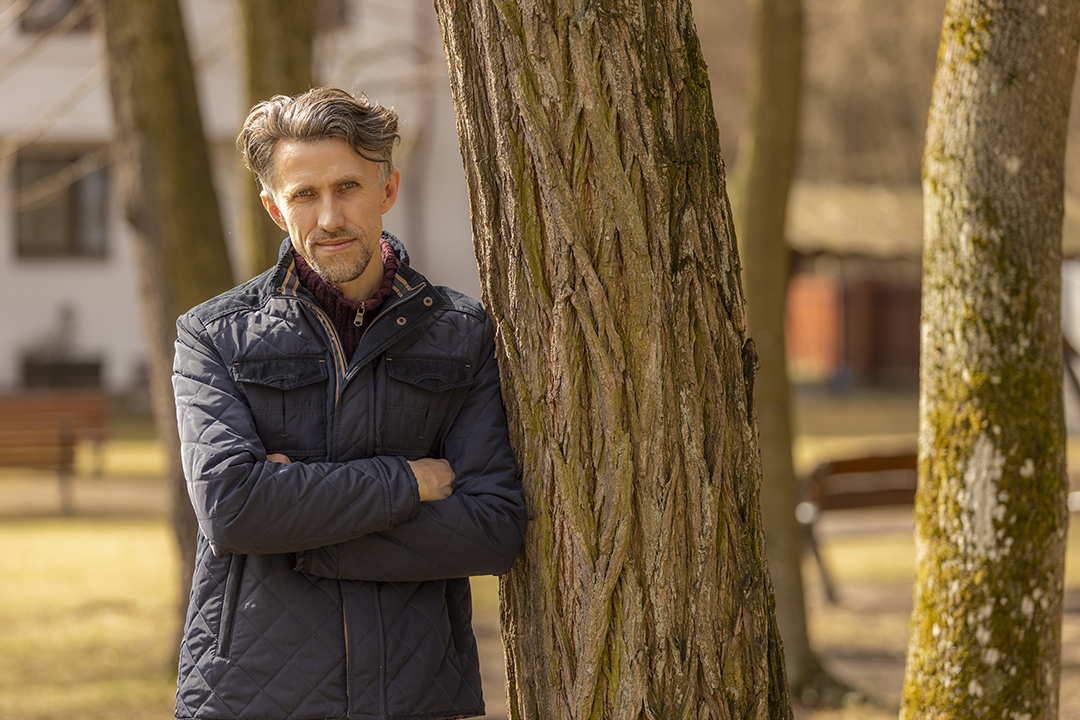
Peter’s English coaching skills have been invaluable at the refugee centre. He’s been able to help fellow refugees sort through visa applications and other important documents so they can move on and settle in other places of safety. “Peter was so gracious in taking the time to speak with us and introducing us to other people at the centre,” says Rachel Conway-Doel, BMS’ Overseas Team Leader for Relief, after she met Peter on a visit to Poland back in May. “It was inspiring that through the support and help he received, Peter was keen to help and support others – whether that be translation support or assisting with visas.” Because you gave, you made it possible for Peter to start living out his dream of helping people in need when it seemed that his chance to do so had been snatched away forever.
We caught up with Peter earlier this week and were so pleased to hear that he and his family have settled in Canada and are looking for work. But Peter still hopes that things will go back to how they were before the war began, and he’s praying that all of us will see how God walks with us wherever we go – no matter how hard the journey.

Words by Laura Durrant.
Photos: ©Chris Hoskins/BMS World Mission

